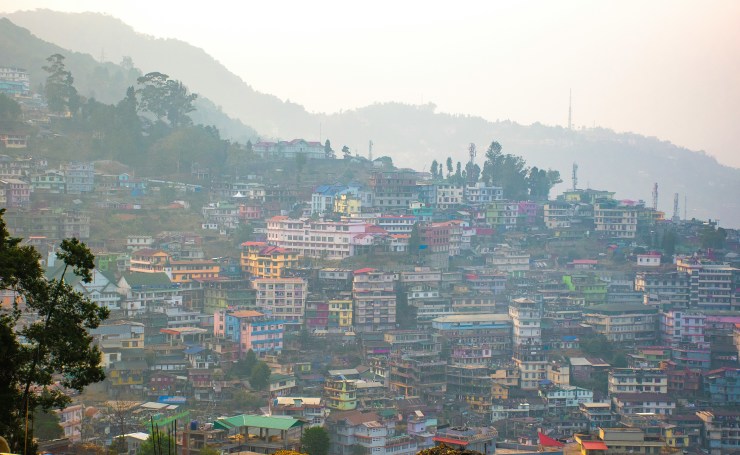
The influential Nagaland Baptist Church Council (NBCC), an umbrella organisation representing nearly 1,500 Baptist churches in the north-eastern state, has firmly declined an offer from the ruling Bharatiya Janata Party (BJP) to undertake a cleanliness drive at church compounds on 11 May 2024.
In a strongly worded statement issued on April 30, the NBCC leadership stated, "While we appreciate the BJP's care for the church, we feel obligated to politely decline the kind gesture offered to clean the church compound on 11 May 2024." They categorically asserted that by doing so, "the church is just drawing the line of separation" and not making a political statement.
“We appreciate the good office of the BJP and honourably decline your offer not to widen the chasm in our state. For now, we will look after ourselves as the church. We appreciate you for reminding us that we must keep the church compound clean. This is not a political statement but the church is just drawing the line of separation,” NBCC said.
The rebuff came after the Nagaland BJP chief Benjamin Yepthomi had directed party functionaries to carry out programmes across the state's 60 constituencies, including a cleanliness drive covering church premises. However, the NBCC raised concerns over the "unprecedented persecution" faced by religious and social minorities under BJP rule.
“While we decline your good service to the church, we may as well direct your good office to pursue another avenue of service,” the statement said, urging the BJP leadership to "mobilise party members to travel to locations to safeguard persecuted churches in the mainland." The Council asserted that "this act will undoubtedly give reassurance to people whose churches and institutions are constantly targeted."
"It is a well-known fact that the country has faced unprecedented persecution during the BJP rule. Religious and social minorities have faced difficult times in recent decades," the statement read. It alleged, "Christian worship and our pastors and priests are beaten, tortured and imprisoned giving a sense of insecurity in our country. Even our Christian symbols were the target not to speak of the demolition of our sacred worship places. Our gatherings are closely watched and monitored leaving religious institutions in the country extremely vulnerable."
Advising all political parties to "exercise caution when issuing directives," the NBCC reminded them, "knowing what to say and do, as well as what is acceptable, can help to close the gap that has been growing in our state."
The church body also took exception to the BJP's plans to observe the death anniversary of one of its founding ideologues, Syama Prasad Mukherjee, on June 23. "The church is not accustomed to observing death anniversary except the birth, death and resurrection of our Lord Jesus Christ," it stated, adding that political parties cannot impose such observances on citizens.
Emphasising the separation of church and state, the NBCC advised churches to remain vigilant "when a political party becomes religious in nature, because the authority on which power is generated between the church and the state are different."
With over 87% of Nagaland's population being Christian, the NBCC wields considerable influence. Its strong stance highlights the growing tensions between the BJP's Hindu nationalist ideology and the sentiments of the Christian-majority populations in some of the country’s north-eastern states.




